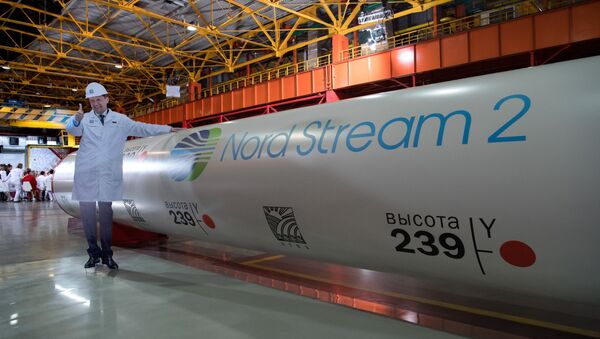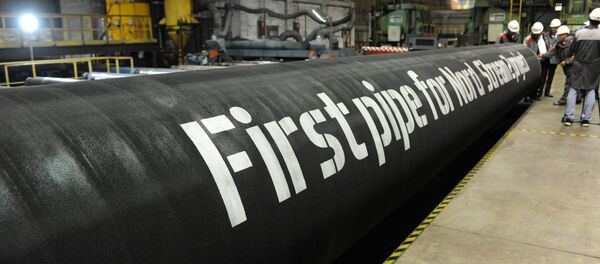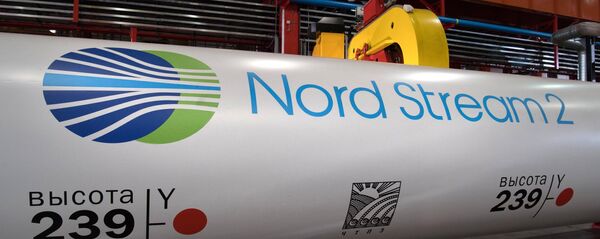He added that during the work on Nord Stream 1, Warsaw feared that a gas pipeline under the Baltic Sea bypassing Poland could make the country vulnerable to “Russian blackmail.”
“Poland and Ukraine worry that their transit earnings could go down, but this should not concern us because we now have the most direct and economical way of pumping gas from Siberia to consumers in northwestern Europe. Gas transport is not an investment into the budget of third party countries,” Mario Mehren emphasized.
Poland is the staunchest opponent of Nord Stream 2. Last year it warned it would block the venture because it could allegedly make Europe more dependent on Russian gas.
As a result, the five West European partners – Engie, OMV, Shell, Uniper и Wintershall – had to pull out of plans to take stakes in Nord Stream 2, thus forcing Gazprom to finance the project on its own.
In an interview with Radio Sputnik, Alpari investment company analyst Roman Tkachuk said that with Germany being fully behind the project, Nord Stream 2 pipeline has good chances of being built.
He added, however, that Germany could use its sway over the EU and Europe as a whole to lobby its own interests in the project.
“Judging from what some [German] officials are saying, I think that some countries’ fears will most likely be ignored,” Roman Tkachuk said.
Nord Stream 2, a joint venture of Russia’s Gazprom with France's Engie, Austria’s OMV AG, Royal Dutch Shell, Germany's Uniper and Wintershall, is expected to bring an estimated 55 billion cubic meters of Russian natural gas to Germany across the Baltic Sea, bypassing Ukraine, Poland and all three Baltic states.
The launch of the pipeline is planned for 2018. A number of EU countries, notably Germany and Austria, have been supportive of the gas project but others, including Poland and the Baltics, have argued that it would increase energy dependence on Russia.
Never miss a story again — sign up to our Telegram channel and we'll keep you up to speed!




